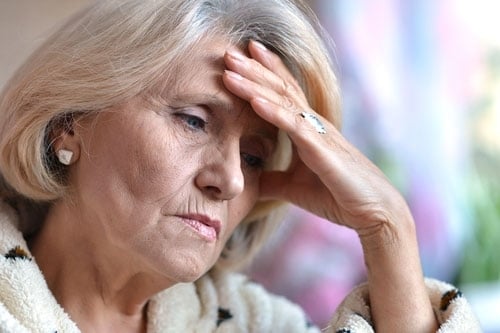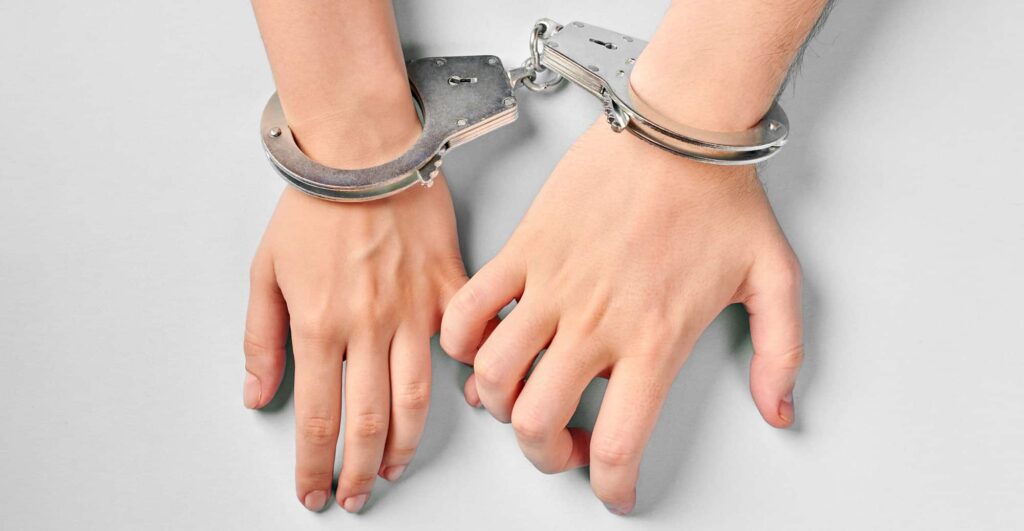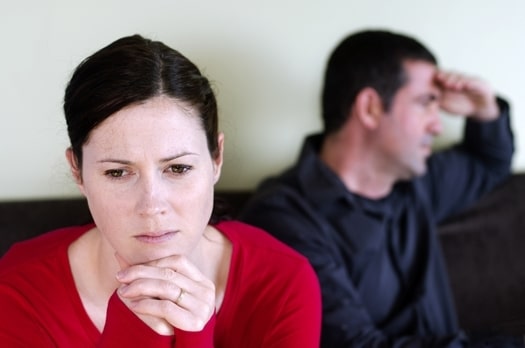Mother’s Day is time to celebrate and show our love and appreciation to our mothers, grandmothers, and female caretakers. However, many of us—in fact probably most of us—have complicated relationships with our mothers. Even if our mothers were well-intentioned, they may not have been able to provide us with what we needed emotionally, because they were stuck living out their own unresolved pain and childhood trauma.
Your early relationship with your mother, without a doubt, had a profound impact on who you are today, in ways both positive and negative. It’s important to always be grateful and appreciative for the gifts we did get from our mothers. But, it’s equally important to non-judgmentally take a look at some of the negative beliefs they may have unintentionally passed onto us because these beliefs can have a profound impact on the people we are today.
Facing the Mother Wound
Oftentimes, at the center of our feelings of disempowerment and emptiness—feelings that themselves are often at the core of addiction, depression, anxiety, and other behavioral disorders—is the mother wound. The mother wound is the emotional trauma that your mother was unable to heal within herself and passed down to you.
The mother wound begins to develop at a very young age. It consists of the untrue and harmful beliefs that you were responsible for your mother’s pain and that it was your job to make your mother happy by being “good.”
The mother wound often is the source of emotional pain you may feel from the comparison (not feeling good enough); shame (the constant feeling that there is something wrong with you); attenuation (the belief that you have to keep yourself small or hidden in order to be loved); and guilt (feeling bad about what you have, or feeling bad for wanting more than you have.) If you carry this wound with you, you may find yourself struggling day-to-day in the following ways:
- You tolerate a lot of mistreatment from others.
- You feel overly-competitive with other people.
- You sabotage yourself in your career, relationships, and pursuits of personal fulfillment.
- You are overly rigid or domineering.
- You are overly empathetic and deferential, failing to meet your own needs in favor of others’.
- You hold back or hide your true self, so not to threaten or offend others.
- You struggle with addiction, depression, eating disorders and other behavioral health issues.
Most mothers do want to see their children find happiness and success. But, if your mother did not come to terms with her own pain and emotional trauma, nor come to terms with the emotional sacrifices she had to make in becoming a mother, her interactions with you may have included subtle messages that caused you to feel guilt, shame, or obligation.
Before a mother can prevent passing down her wounds to her children, she has to fully grieve and mourn her own losses. She also has to make sure she does not rely on her children like her or only or primary source of emotional support or fulfillment.
Face Your Pain
Many people feel especially uncomfortable addressing the pain they inherited from their mothers. Oftentimes, it is because of the very sense of obligation we feel from our mother wound to be the person who always builds her up, and never tears her down. However, it’s entirely possible to heal your own pain without blaming or hating your mother. In fact, once you have faced and released your own pain, you may find it easier than ever to forgive your mother’s shortcomings and fully appreciate the totality of your relationship with her, both good and bad.
The past is never past. It lives on, every day, in the relational and emotional challenges you face in the ultimate pursuit of inner peace and fulfillment. If you avoid dealing with the pain leftover from what is perhaps the most foundational relationship of your life, you miss the chance to discover your true self and live up to your real, and enormous, potential.
Survivors I Workshop at The Meadows
If you’re ready to address and move beyond your childhood trauma, we recommend our renowned Survivors I workshop. In a safe, supportive environment, Survivors I explores the origins that fuel self-defeating behaviors such as addictions, trauma, mood disorders, and troubling relationships. Childhood wounding up to age 18 is approached with compassion and skills are taught in order to re-parent yourself. The primary focus of this workshop is processing and releasing the negative messages and emotions that were rooted in painful experiences from the past allowing the freedom to embody your authentic self.
For more information, call us at 1-800-244-4949 or contact us.



